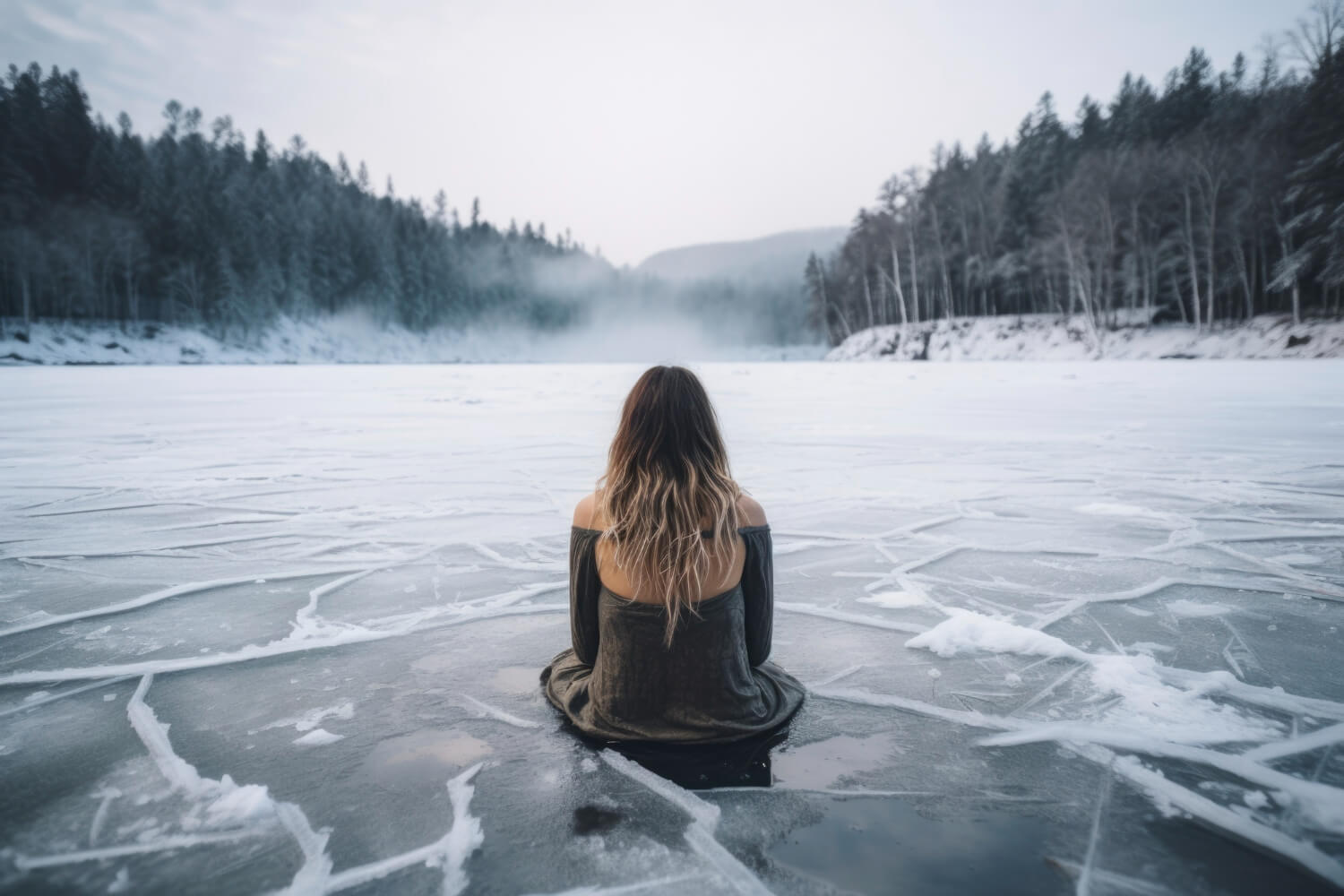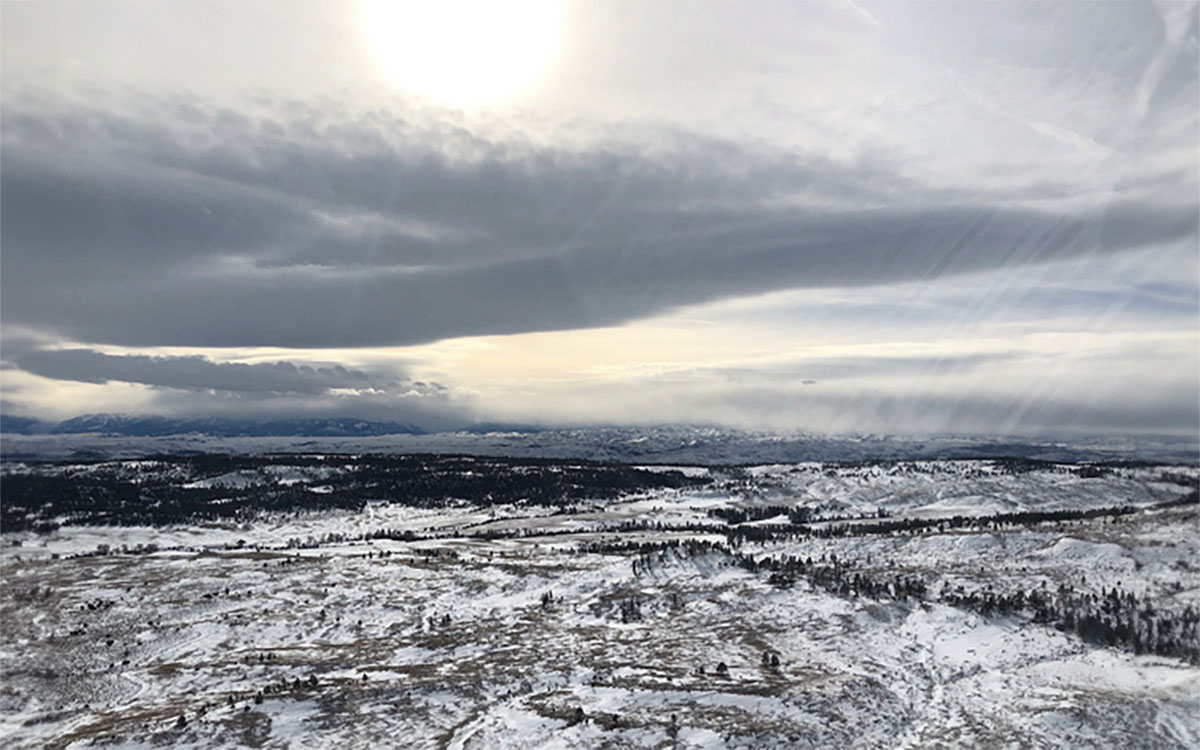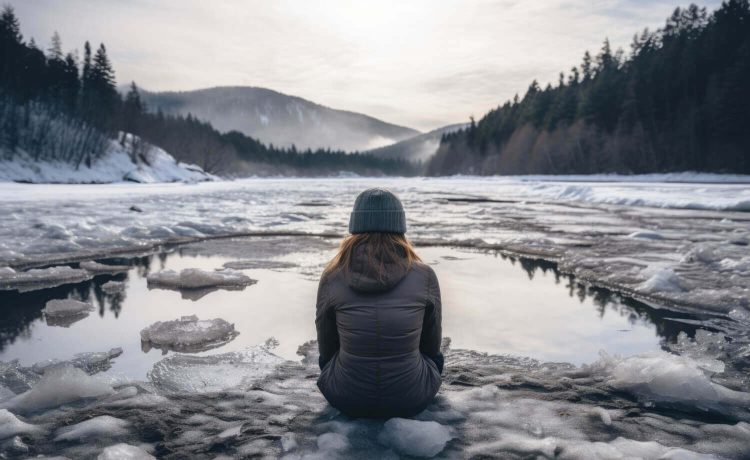Picture this: endless stretches of white snow, muffled silence interrupted only by the crunch of your boots, and a stark, boundless horizon. Being surrounded by a remote, snowy wilderness sounds like a dream for some. For others, it might be a vision of loneliness. While snow-covered landscapes have an undeniable allure, prolonged isolation in such environments can profoundly affect the human psyche. Let’s explore the challenges and the surprising benefits of these conditions, along with insights into how to thrive mentally in white stillness.
The Challenge of Isolation
Isolation in snowy, desolate environments often mirrors sensory deprivation. The absence of bustling city sounds, familiar human interactions and dynamic scenery can cause the mind to fixate in unusual ways. Snow blankets everything in sameness, and without the stimulation of diverse environments, people may feel disoriented, bored, or even claustrophobic. Add the physical hardships of subzero temperatures and limited daylight, and the experience starts to chip away at even the sturdiest mental resilience.
Cabin Fever and the Human Mind
“Cabin fever” might sound like an outdated phrase. Still, it’s an apt description of the restlessness and irritation that can bubble up in secluded, enclosed conditions when a snowfall seals you indoors for days on end, imposing walls of white can start to feel like prison bars. Studies show that isolation, coupled with extreme weather, can lead to heightened feelings of anxiety, depression, and lethargy.
An oft-cited example is the experience of polar researchers stationed in Antarctica. Spending months investigating one of the most isolated stretches of the planet, these scientists face high expectations for productivity in an environment that offers few mental breaks. Many report feelings of loneliness and sleep disturbances as their perceptions of time and space begin to blur.
The Impact of Snow and Silence
Snow doesn’t just alter the landscape; it also impacts how you think and feel. The stark whiteness everywhere leaves some people overstimulated while others feel drained. For instance, the weighty quiet accompanying heavy snowfall can feel peaceful initially. Still, over time, it may make someone long for the variety of bustling sounds heard in more typical environments.
Although soothing in small doses, silence can push your mind into overdrive if there’s nothing to balance it. This is where negative thought loops or a sense of monotony can creep in. Combined with the isolating weather patterns, it’s easy to see why some individuals find snowy landscapes a psychological battle.
The Other Side of Solitude
Yet, it’s not all doom and gloom. Isolation in snowy environments doesn’t just strip away distractions; it can also foster profound self-awareness and personal growth. With the modern world overflowing with noise, constant connectivity, and endless responsibilities, the enforced quiet of a snowy wilderness can be surprisingly refreshing.
Solitude as a Source of Clarity
An isolated snowscape can be a reset button for individuals who crave solitude. Without typical everyday distractions, people have the time and freedom to reflect on their thoughts, set goals, or tackle inner emotional conflicts. Snowy quietness allows you to confront yourself without interference.

Take explorers and mountaineers as examples. Many report that journeys into snow-covered regions ignite profound moments of personal clarity. Sir Edmund Hillary, a legendary mountaineer, famously spoke of the mental clarity and freedom he felt amidst icy heights because “the sense of timelessness strips life of its usual pretenses.”
Mental Resilience in the White Void
Living in or traveling through snowy isolation often teaches resilience. The challenges that make these environments difficult also provide an opportunity to build mental endurance and adaptability. For explorers braving harsh blizzards or researchers relying on each other in close quarters, the sheer necessity of survival can spark creativity, teamwork, and grit.
This type of resilience isn’t just limited to hardened adventurers. Consider residents of Scandinavia or the Arctic Circle. Many report higher-than-average happiness despite surviving long, harsh winters with limited sun. This phenomenon, rooted in a mindset sometimes called “wintering,” embraces the cold as a time to slow down, reflect, and restore perspective. For these individuals, snowy isolation is not a struggle but an opportunity for quiet rejuvenation.
Tips for Thriving in Snowy Isolation
If you find yourself in a remote, snowy setting, the key to maintaining mental well-being lies in preparation, mindfulness, and creating opportunities for connection.
Stay Physically Active
Movement is a boon for body and mind in any environment, but it’s especially crucial in the cold. Bundle up and get outside for hikes, snowshoeing, or even shoveling snow. Physical activity combats lethargy and releases endorphins to lift your mood.
Find Activities That Stimulate Your Mind
Isolation can lead to mental stagnation if you’re not careful. Bring hobbies or projects that you’re passionate about. Reading, writing, knitting, or even starting a journal can engage your mind and relieve boredom.
Stay Connected, Even Remotely
Modern technology makes connection possible no matter how far you are from others. Regular phone or video calls with loved ones can give you the boost you need to handle solitude. If digital options aren’t available, write letters or reflect on your relationships to feel emotionally supported.
Create Routine and Purpose
Snowy isolation often feels directionless due to its lack of external structure. Fighting this requires creating your own schedule. Build small goals into your day, whether preparing a delicious meal or tracking wildlife footsteps in the snow.
Welcome the Solitude
Finally, don’t forget to embrace what snowy stillness offers. Instead of viewing it as a barrier, see it as the rare gift it is. Few people can sit in total silence, with no demands or distractions. Use this time to cultivate mindfulness and practice simply being.

Stepping Beyond the White
Isolation in snowy landscapes is a profound experience. It strips you down to your essentials, revealing your vulnerabilities and strengths. Though it can be a psychological challenge, it’s also an opportunity for growth, mental resilience, and rejuvenation. With the right mindset and preparation, remote snowy settings are not just white expanses of emptiness but canvases where you can craft your own mental well-being.
When faced with the white void, remember this: snow blankets the earth in silence and opens space for self-discovery.






